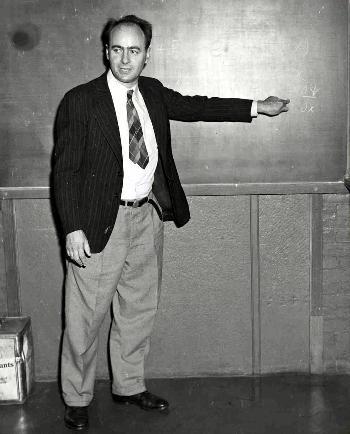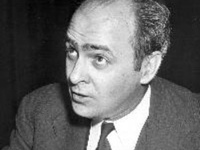When Alan L. Lefkowitz ’53 arrived at his Navy base soon after graduation, instead of the hearty welcome he expected, he says his fellow officers eyed him suspiciously—thinking that because he hailed from Cambridge he must have communist ties.
“[They] looked askance at me because I had gone to Harvard,” he says.
By 1953, Harvard had come to be known as the Kremlin on the Charles. Letters to The Crimson accused the University of being a center of communist indoctrination. Sensationalist headlines in major newspapers and small-town dailies lambasted Harvard for harboring “Red” faculty members.
In a time when Cold War tensions were approaching their pinnacle and Sen. Joseph McCarthy, R-Wis., had initiated a vigilant effort to weed out communist sympathizers from every crevice of society, a degree from the nation’s oldest university was cause for extra suspicion.
“‘Our American schools’ were hotbeds of Communist infiltration, it was claimed,” the Class of 1953 yearbook editors wrote in a retrospective of their senior year. “And, as usual, Harvard was among the hottest beds.”
The fear of Harvard as a communist threat was played out on the national stage in the spring of 1953 when Congress interrogated Harvard physics professor Wendell H. Furry about his alleged communist associations.
The investigation—which extended to two other Harvard faculty members—became the landmark case for government attempts to root out subversion in American education.
While McCarthy cast a critical eye on many universities, he focused most intensely on Harvard, determined to root out communists hiding in the woodwork.
And to make matters worse, in June 1953 the Harvard Corporation tapped Nathan M. Pusey ’28—an old opponent of McCarthy’s—to be the new University president. Immediately, McCarthy started a very public war of words, warning American parents to keep their children out of the clutch of Harvard communists.
The members of the Class of 1953 may have been part of the so-called “Silent Generation” that eschewed political activism, but watching their professors on trial for their jobs would leave a lasting mark on their senior spring.
Hunting for Campus Communists
Lefkowitz and his classmates came to Cambridge as fears of communists at home and abroad were mounting toward hysteria.
The Soviet Union was known to have the atomic bomb and in 1949, the Communist Party was victorious in China. Communist North Korea invaded South Korea in 1950, setting off a war that the United States soon entered.
Earlier that same year, Harvard Law School graduate Alger Hiss was sentenced to prison for almost four years after lying under oath about his associations with Whittaker Chambers, a former Communist.
Read more in News
Sikh’s Sword Seized By School














